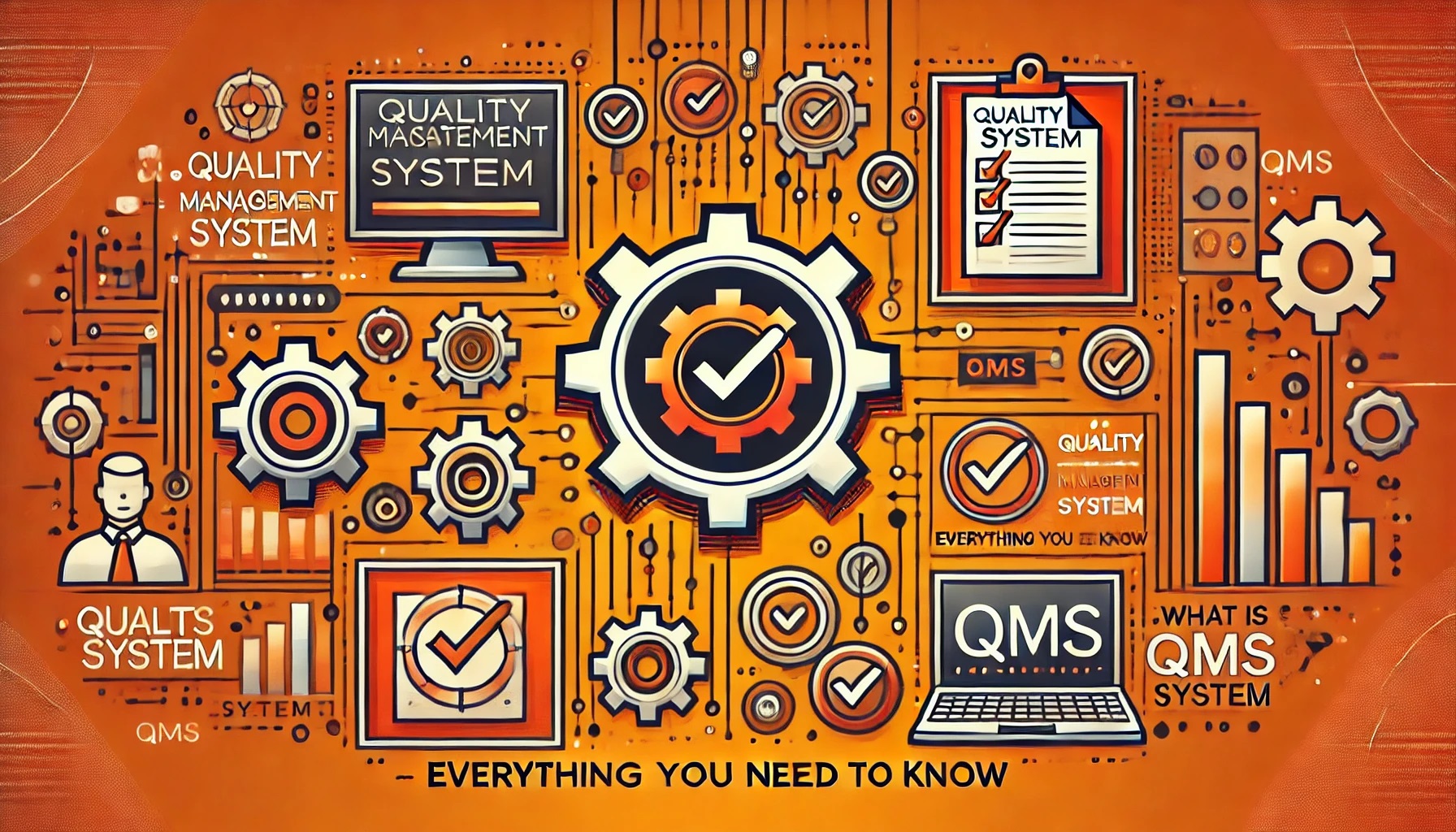Introduction
In today’s competitive business landscape, maintaining quality across products and services is crucial for sustained success and customer satisfaction. To achieve this, many organizations in India and around the world adopt Quality Management Systems (QMS). This blog explores what a QMS System and its importance, key components, implementation challenges, and benefits, focusing on its relevance within the Indian business framework.
Understanding Quality Management Systems (QMS System)
A Quality Management System (QMS) encompasses a set of policies, processes, and procedures required for planning and execution in the core business area of an organization. It aims to consistently meet customer requirements and enhance their satisfaction through systematic control and improvement of processes.
Key Components of QMS System
Quality Planning:
Establishing quality objectives and processes relevant to deliver results in accordance with customer requirements and organization policies.
Quality Control:
Monitoring specific project results to determine if they comply with relevant quality standards and identifying ways to eliminate causes of unsatisfactory performance.
Quality Assurance:
Planned and systematic activities implemented within the quality system to provide confidence that the organization will fulfill requirements for quality.
Importance of QMS System in Indian Businesses
In India, where diverse industries thrive, from manufacturing to IT services, implementing a QMS System can significantly enhance operational efficiency and customer satisfaction. Here’s why QMS is crucial:
Regulatory Compliance:
Many industries in India are subject to stringent regulatory requirements. A robust QMS helps ensure compliance with local and international standards, such as ISO 9001, which is widely adopted across Indian businesses.
Enhanced Customer Satisfaction:
By consistently delivering products or services that meet or exceed customer expectations, businesses can build trust and loyalty, crucial in competitive markets.
Operational Efficiency:
Streamlining processes through QMS reduces waste, improves resource utilization, and optimizes productivity, contributing to cost savings and profitability.
Implementing a QMS System in Indian Context
While the benefits are clear, implementing a QMS in India poses unique challenges:
Cultural and Organizational Resistance:
Traditional organizational cultures may resist change, hindering QMS adoption. Educating and involving employees from the outset is crucial.
Resource Constraints:
Small and medium enterprises (SMEs) in India often face resource limitations, making it challenging to allocate dedicated personnel and funds for QMS implementation.
Training and Awareness:
Ensuring all employees understand the QMS requirements and their roles is essential. Language barriers and varying educational backgrounds can complicate this process.
Benefits of QMS Adoption
Despite challenges, Indian businesses that successfully implement QMS can enjoy numerous benefits:
Improved Productivity:
Streamlined processes and reduced errors lead to higher productivity and faster delivery times.
Market Access:
Certification to international standards like ISO 9001 enhances credibility and opens doors to global markets, boosting exports and international partnerships.
Risk Management:
QMS helps identify and mitigate risks early, reducing the likelihood of quality-related issues and their associated costs.
Case Studies and Success Stories
Several Indian organizations have reaped rewards from QMS implementation:
Tata Steel:
Implemented QMS across its operations, resulting in improved product quality and operational efficiency.
Infosys:
Adheres to ISO standards in its IT services, ensuring consistent delivery and client satisfaction.
Future Trends and Innovations in QMS System
Looking ahead, advancements in technology such as Artificial Intelligence (AI) and IoT are shaping the future of QMS in India. Automated quality monitoring, real-time data analytics, and predictive maintenance are becoming integral to maintaining high standards.
Conclusion
In conclusion, a Quality Management System is not just a tool for compliance but a strategic asset for Indian businesses aiming to excel in quality and customer satisfaction. By embracing QMS principles and continuous improvement, organizations can navigate challenges, seize opportunities, and build a reputation for excellence in the global marketplace.
Implementing a QMS requires commitment and resources, but the long-term benefits far outweigh the initial challenges. As India progresses towards becoming a global manufacturing and service hub, QMS adoption will play a pivotal role in achieving sustainable growth and competitiveness. For businesses considering QMS implementation, understanding its principles and tailoring them to specific organizational needs is key. Embrace quality, embrace growth — with a robust Quality Management System.








